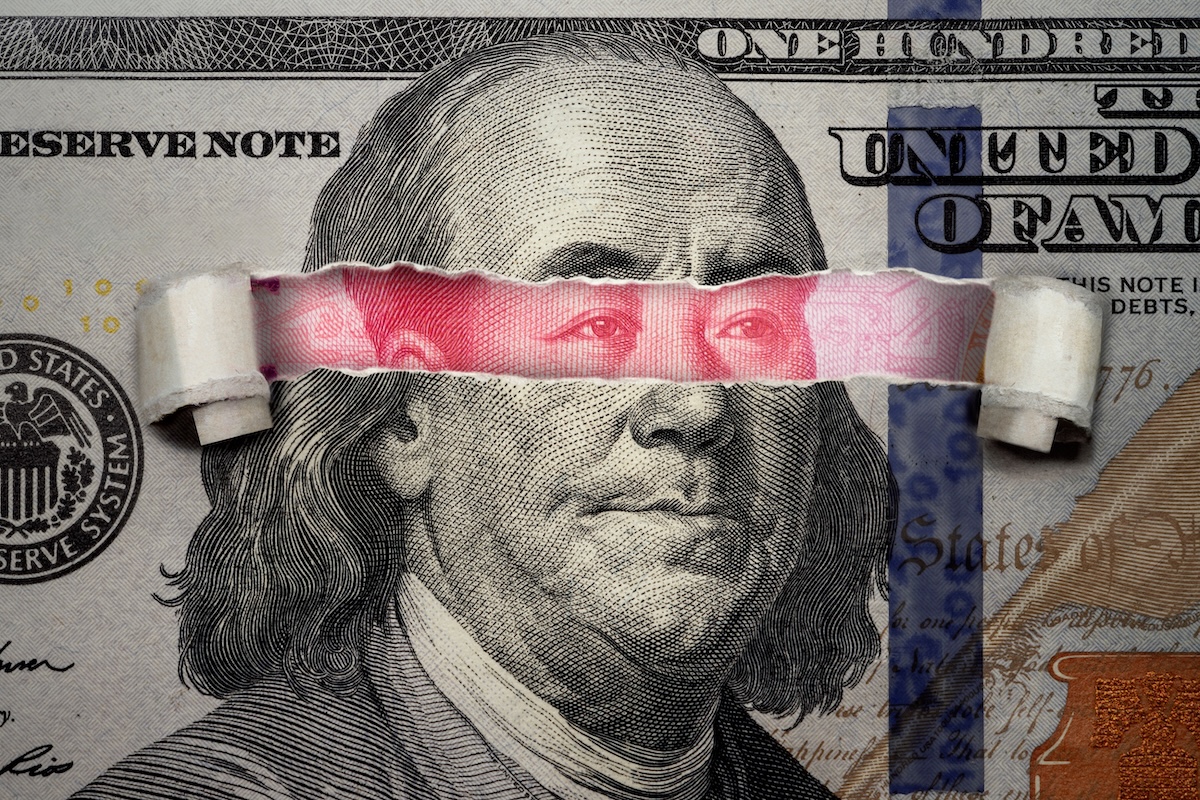
Unless President Trump walks back his tariff blitz, the U.S. economy could tip into a full-blown recession in the coming quarters, Goldman Sachs warned this week.
In a note to investors, Goldman’s chief economist Jan Hatzius and his team said the recession risk is rising fast — and could soon become the base case.
It’s the third month in a row Goldman has slashed its U.S. GDP forecast. The firm now expects growth to slow to just 0.5% year-over-year by Q4 of 2025 — barely above stall speed.
The outlook could get much worse. “If most of the April 9 tariffs do take effect […] we expect to change our forecast to a recession,” the note said.
April 9 is the scheduled start date for Trump’s “reciprocal tariffs,” a sweeping set of import duties ranging from 10% to 50% on dozens of U.S. trading partners.
There was a flicker of optimism earlier this week when reports suggested the White House might delay the tariffs by 90 days. But that hope faded just minutes later when the administration shot down the rumors.
Asked to clarify the plan, White House economic adviser Kevin Hassett offered little reassurance. “I think the president is going to decide what the president is going to decide,” he told Fox News.
A game of chicken with China at the center
While the tariffs hit multiple countries, China remains the central target.
The U.S. trade deficit with China ballooned to nearly $1 trillion in 2024 and widened further to $170.5 billion in the first two months of 2025 — up from $125.1 billion a year earlier.
Both sides have escalated their trade war in recent days. China’s latest move — a 34% retaliatory tariff on U.S. goods — rattled global markets more than Trump’s own “Liberation Day” tariff salvo on April 2.
“It’s interesting that global markets have been far more negatively impacted by China’s tariffs on the U.S. than by U.S. tariffs on the world,” wrote economist Peter Schiff.
“This further evidences the increasing significance of China’s economy and the decreasing importance of our own.”
Even more surprising, officials inside the Trump administration told Reuters they expect this standoff to last until the U.S. slaps a massive 104% tariff on Chinese imports — a move they believe is necessary to force China to the negotiating table.
In the meantime, the administration is shifting its focus toward trade partners it views more favorably. “Our instruction is to prioritize allies like Japan and Korea,” Hassett said.
Your email address will not be published. Required fields are markedmarked